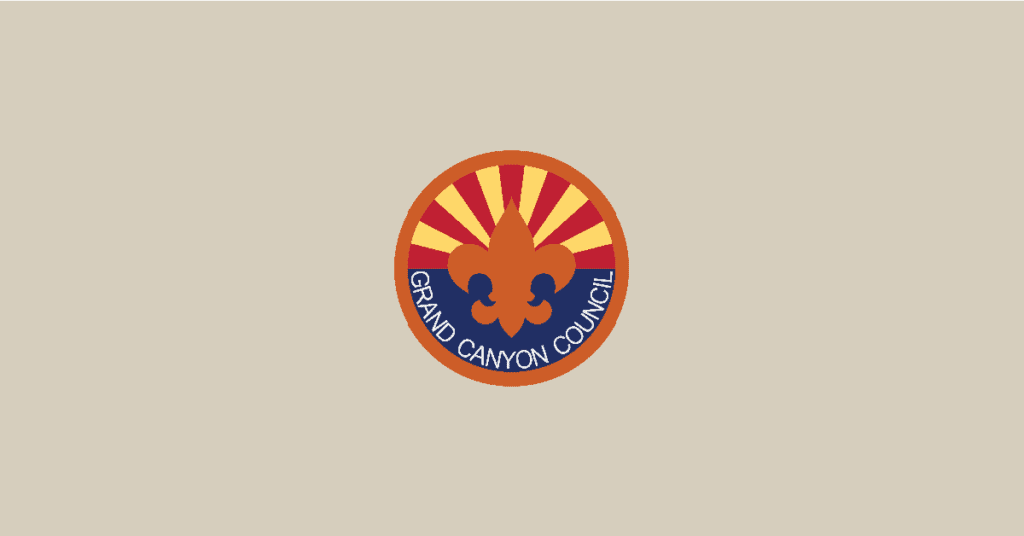Ready to secure your family's future? Check out this insightful guide on getting started in estate planning! Learn how to designate beneficiaries, choose the right executor, and avoid probate. Whether it's ensuring your children are cared for or leaving a legacy for charity, this article covers it all.

Find a quiet place where you won’t be disturbed for about twenty minutes. List your spouse, your children, grandchildren, parents, brothers and sisters. Generally, these are the people the Arizona statute would give your Estate to without a will. Once you make your list, decide which family members you want to give to, as well as whether you want to give anything to the Scouts or another charity such as your church.
Once you have made this list, you are in a position to decide who you should choose to be your executor to administer your Estate and your agent under a financial power of attorney. If you decide to do a Trust, you can choose the same person to be your successor trustee — this person must be able to count to ten (in other words, the person should have basic math skills). The executor/agent/successor trustee you choose must be absolutely honest — if the person is not honest, move onto another person. You are the one who determines the honesty of your executor/agent/ successor trustee by examining your observations of the person in the past, and what the person has done when required to make tough decisions. If your observations showed that the person you choose did the right thing and honest thing, then this is the correct person.
Your agent under a financial power of attorney and your executor/ successor trustee can be different people; however, most people choose the same person. It is also a good idea to choose to back up successor trustee if your first choice is not available.
This is where you should consider probate. If your Estate exceeds $75,000 in personal assets or $100,000 in real estate, your heirs will be required to open probate to collect your assets. It is also best to avoid probate by planning ahead.
What is probate? Probate is the default system that exists throughout the United States to administer a decedent’s Estate if he or she did not plan to avoid it. Probate is a court proceeding. Ordinarily, you will need a lawyer, and you must account to the Court regarding heirs, give notice to creditors, and report efforts regarding gathering assets and making distributions. This Court intervention can be avoided if you create a plan — you can accomplish administration of your Estate without probate.
If you have young children, you probably want to leave everything to your spouse who will take care of your children; however, if for some reason that is not your desire, you want to think about a Trust for your children to be in place until they are old enough to handle their own financial affairs.
At this point, you have enough for one sitting — set your notes aside and come back to them in a day or so to decide if you have any different ideas. If you have a spouse, check with your spouse about your choices for executor, successor trustee, and agent, as well as distributions. This project is one where you are the scribe, but it must be done cooperatively with your spouse.
Sam Kelsall is the Endowment Chairman for the Grand Canyon Council, and he practices Estate planning law with Durfee Law Group. If you would like to contact him to discuss your Estate plan, please call him at (602) 349-0194 or (602) 234-1999. You can also e-mail Sam at sam@samkelsall.com.


